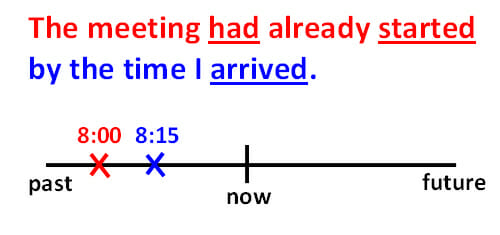Laura's poem - The Manhunt

Let’s take a closer look
Answer the following questions by providing quotes and analysis.
Stanza 1
- What does the phrase ‘passionate nights and intimate days’ initially suggest the poem might be about?
- What other meanings could ‘passionate’ and ‘intimate’ bring, given the context of the rest of the poem?
Stanza 2
1. What does ‘only then would he let me trace’ imply?
2. What might the metaphor ‘the frozen river which ran through his face’ be describing?
3. What other meaning(s) could ‘frozen’ bring to the poem?
Stanza 3
1. Why does the narrator use the word ‘explore’ – what connotations does it bring?
2. The poem is broken up into two-line stanzas. Why do you think Armitage has used this technique?
3. What meaning(s) does the phrase ‘blown hinge’ add to the poem?
Stanzas 4-6
1. Up to now, the couplets have been rhymed; why do you think that Armitage doesn’t rhyme all of the couplets?
2. Is ‘porcelain’ a good word to describe his collar bone? Explain your answer fully.
3. What’s the effect of Armitage’s use of repetition of words and style in these stanzas?
Stanza 7
1. Armitage starts a new sentence in the poem here; why do you think he does so?
2. How does this stanza suggest that the narrator is trying to help her husband recover?
Stanza 8
1. What do you notice about the form of this stanza? Why might this be important?
Stanzas 9-10
1. Why does Armitage describe the bullet as a ‘foetus’?
Stanzas 11-12
1. What sorts of ‘scarring’ is the narrator talking about in these stanzas?
2. How effective is the metaphor of the ‘mine’ in his mind? What does the description of it as ‘sweating’ suggest about him? How does it bring an association of danger?
Stanza 13
1. What phrase suggests that the narrator is finding it hard to connect to the man?
2. ‘Then, and only then, did I come close’: close to what?
3. Look at the last words of each line of the couplet. What reasons can you think of for Armitage choosing these? Hint: think about the idea of things which are ‘missing’ or incomplete.
4. How effective and appropriate is the poem’s title? Explain your ideas fully.




